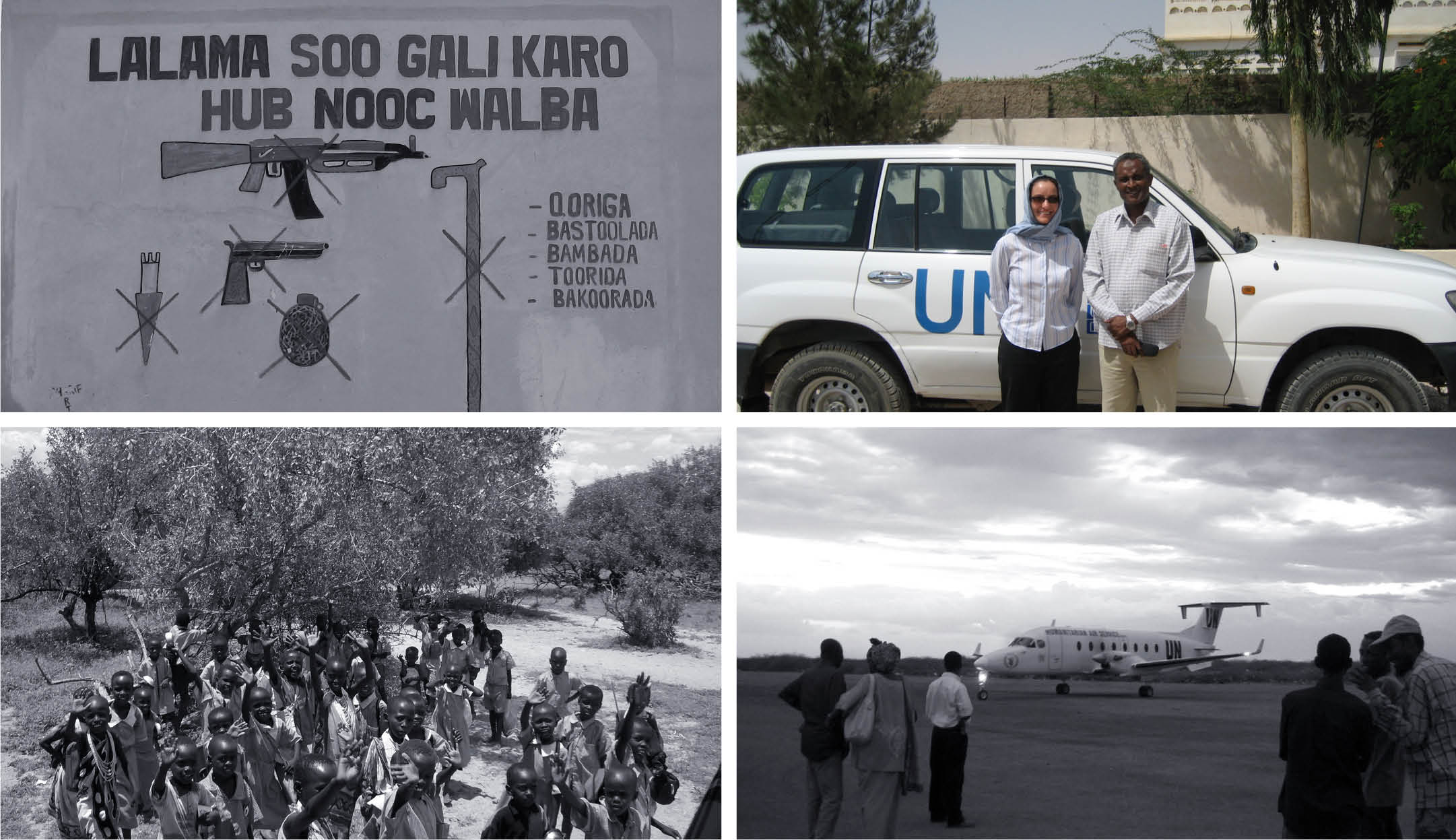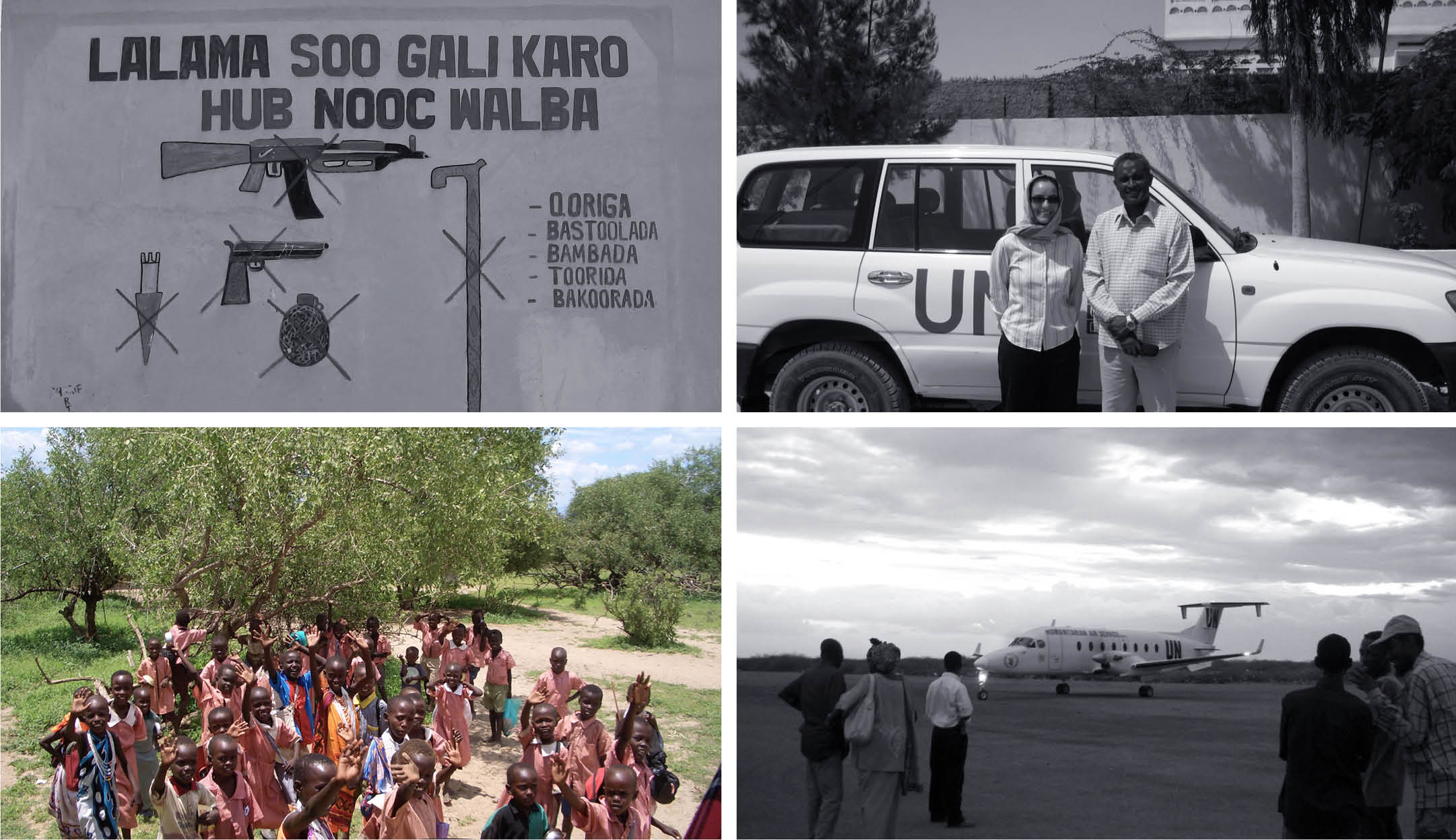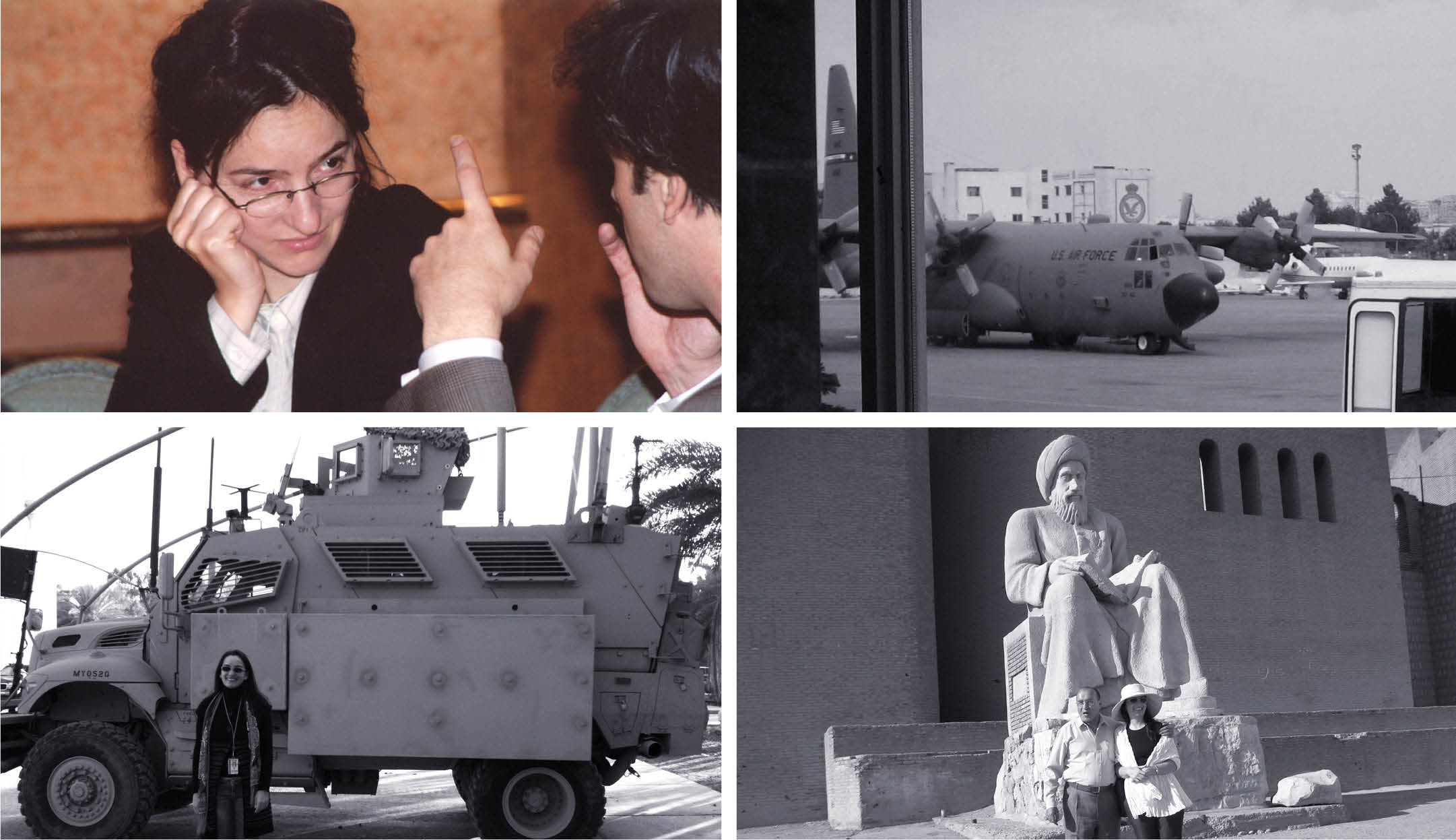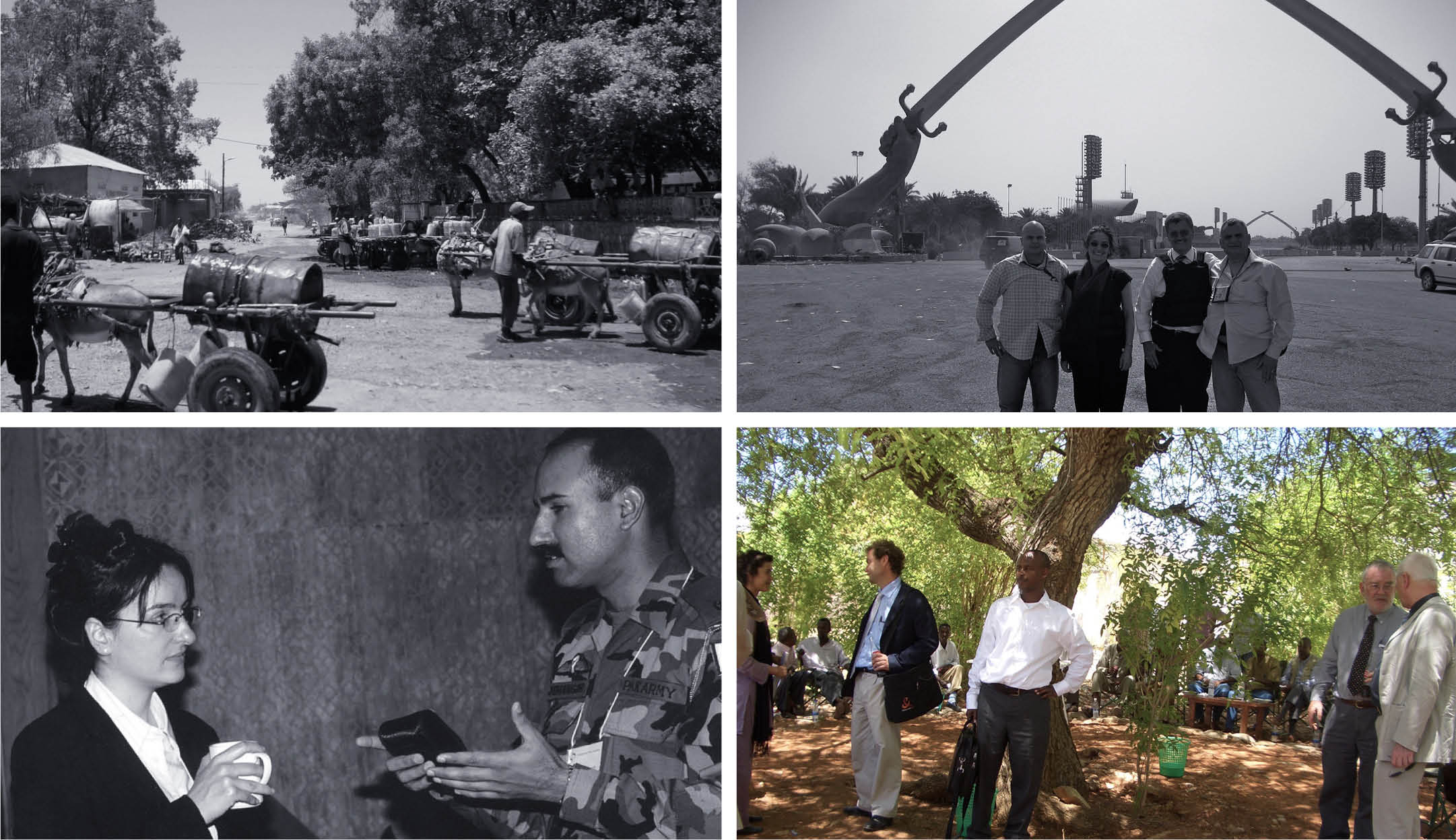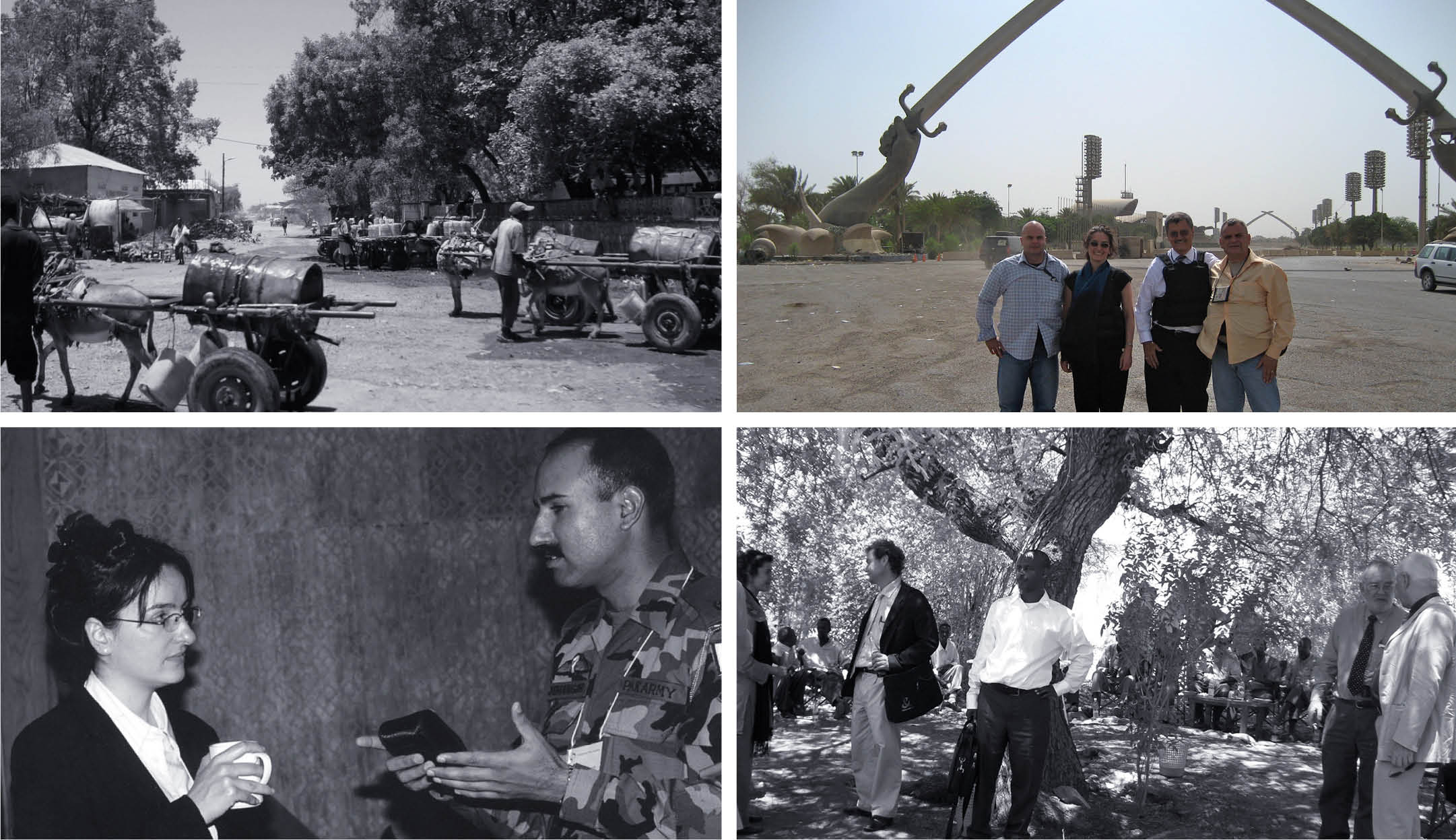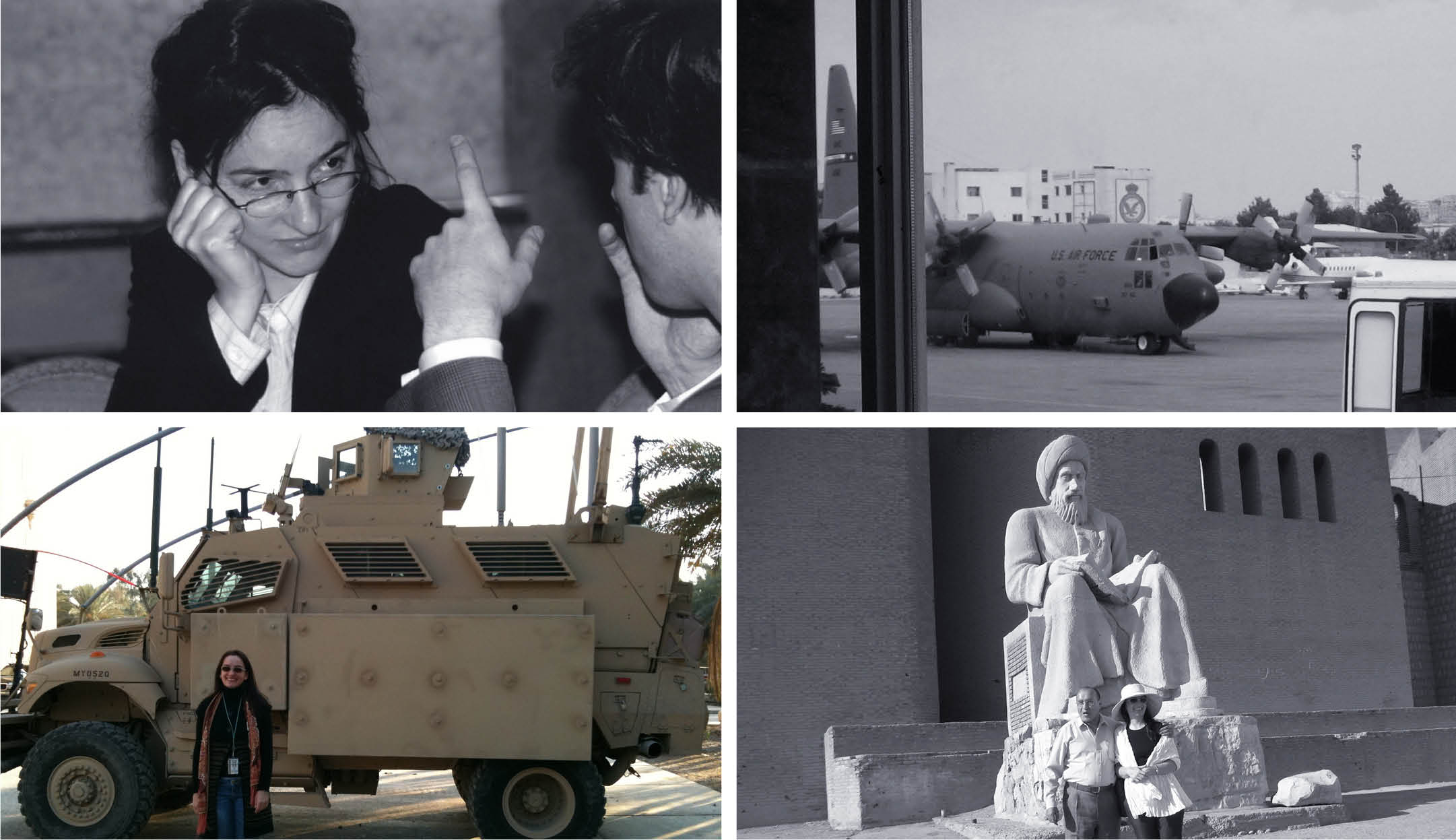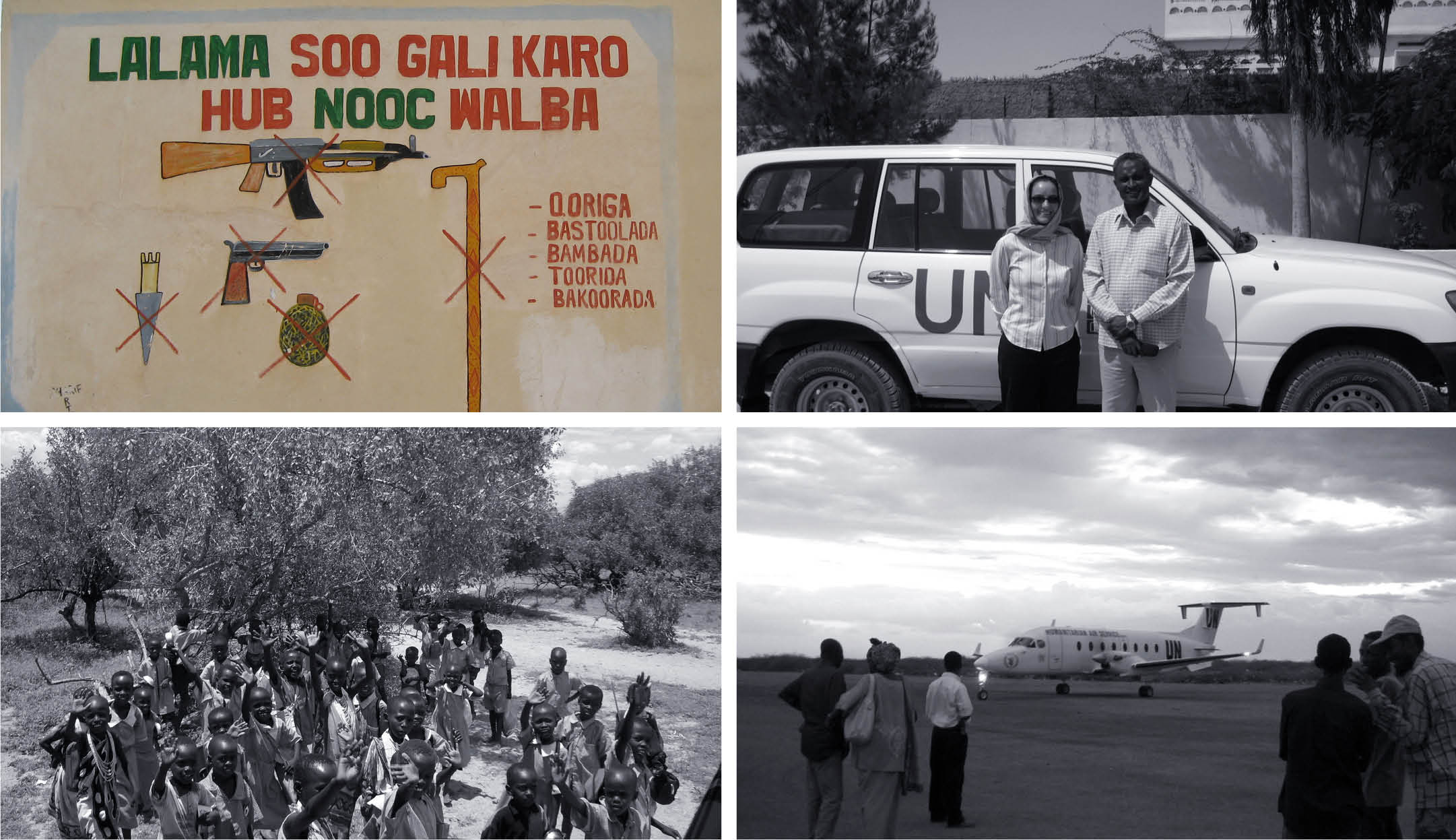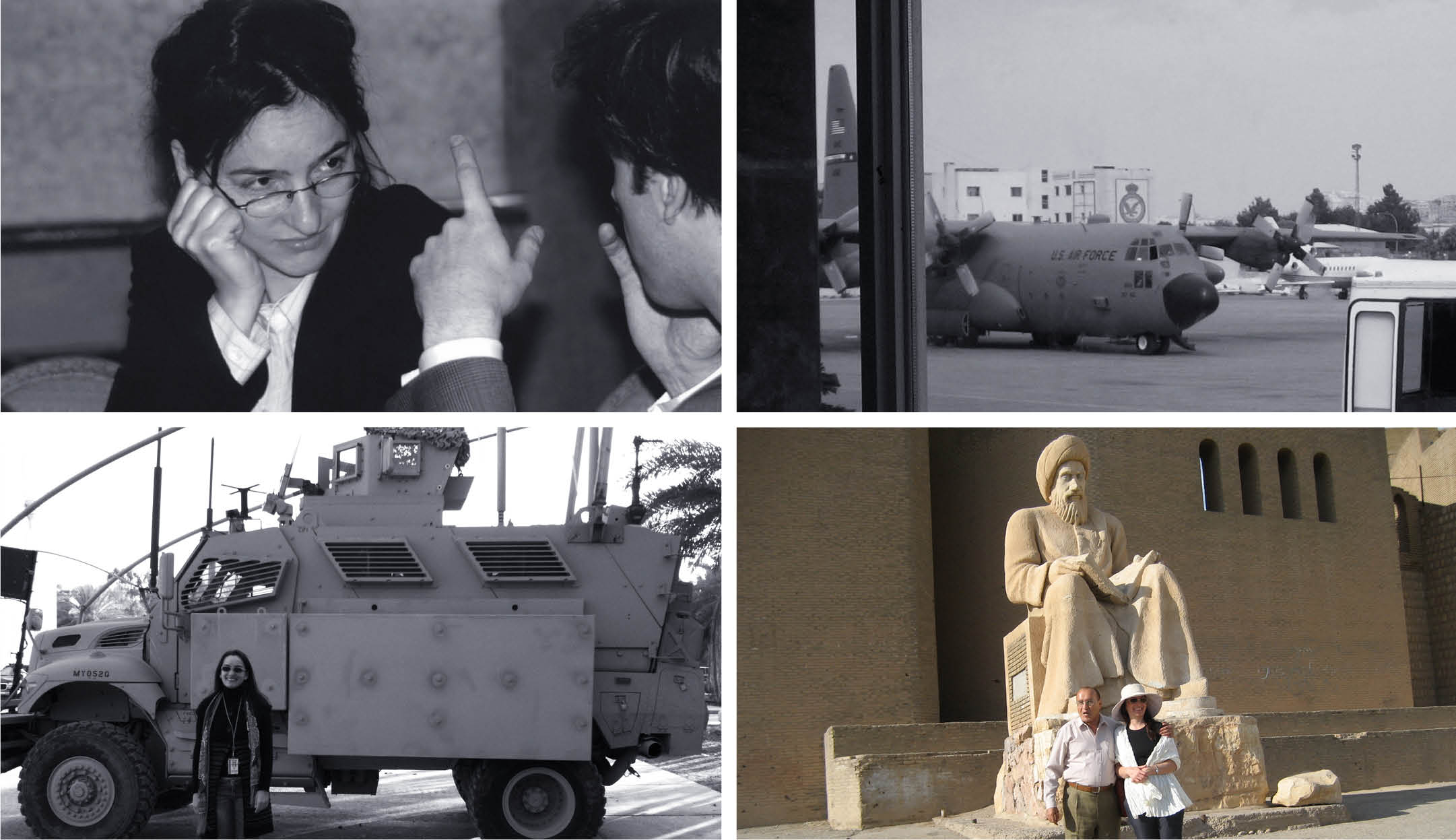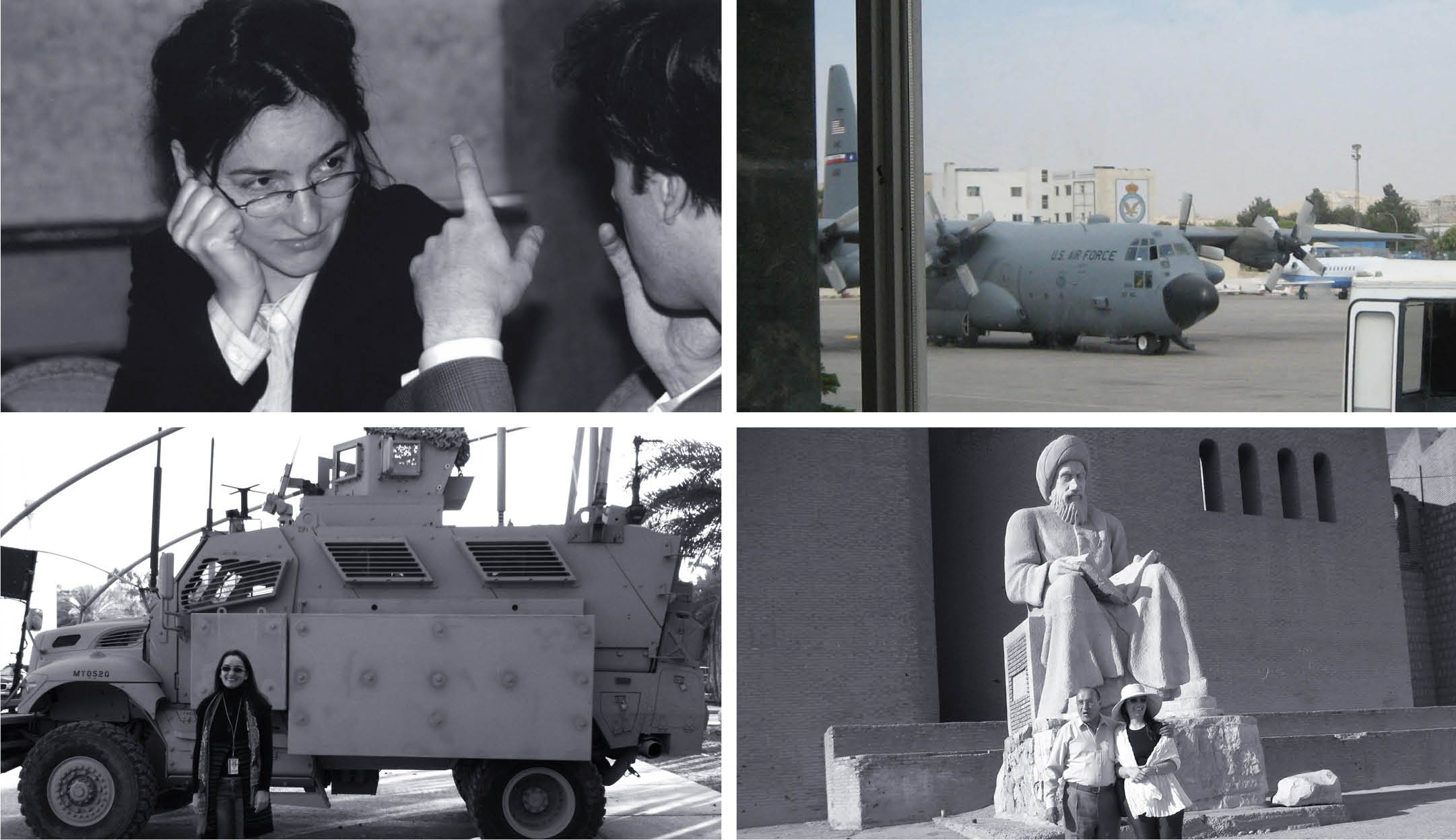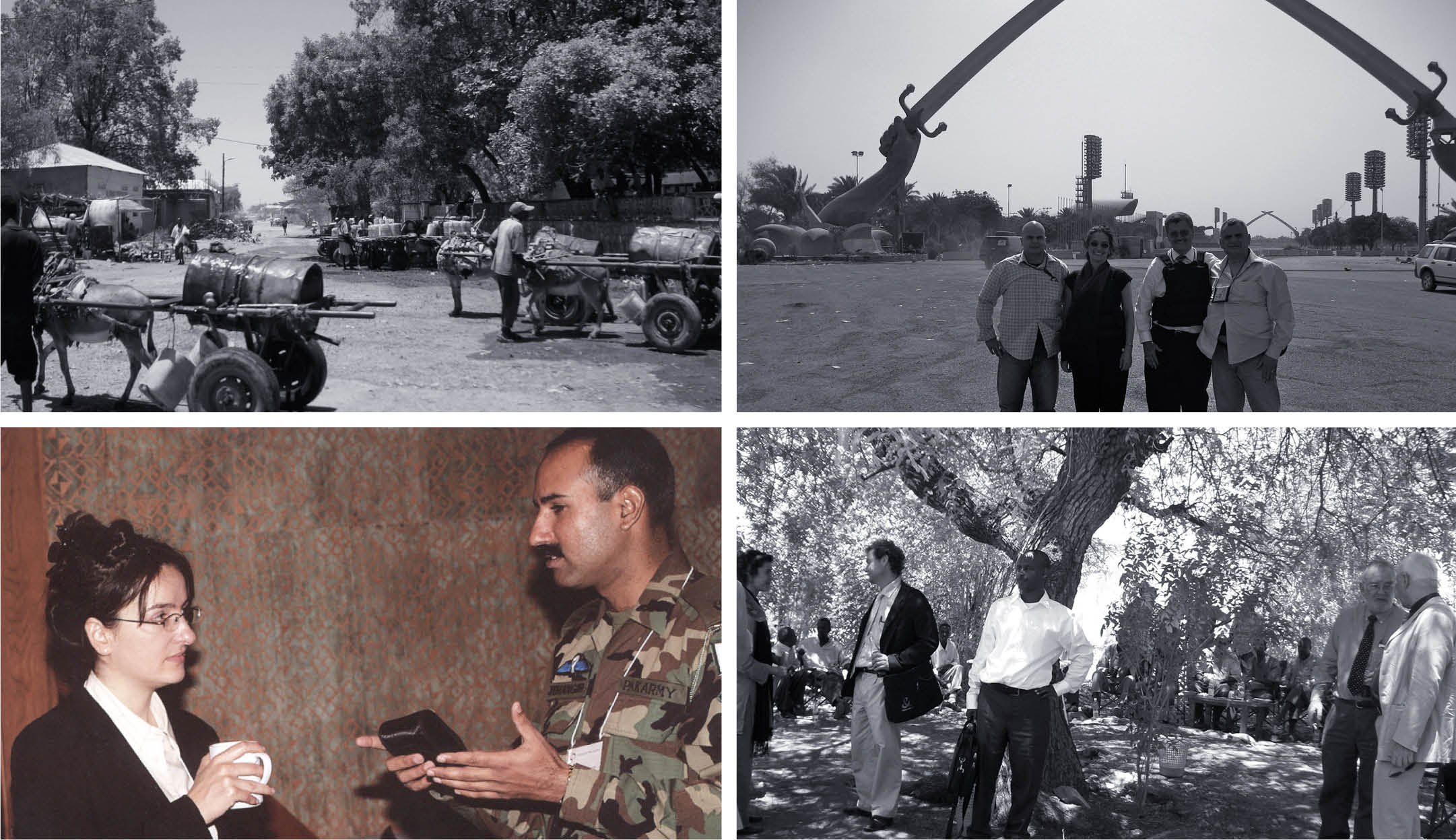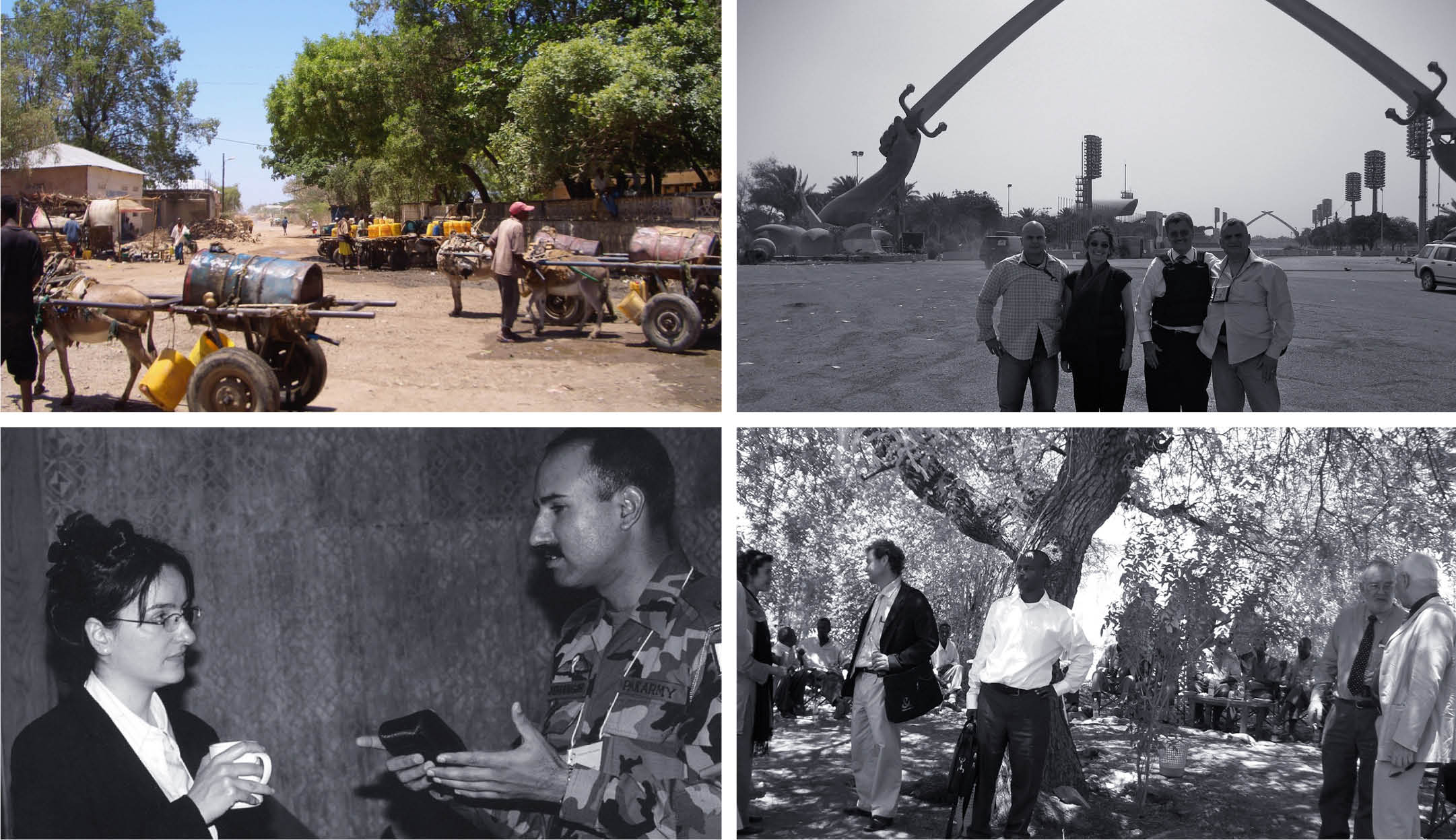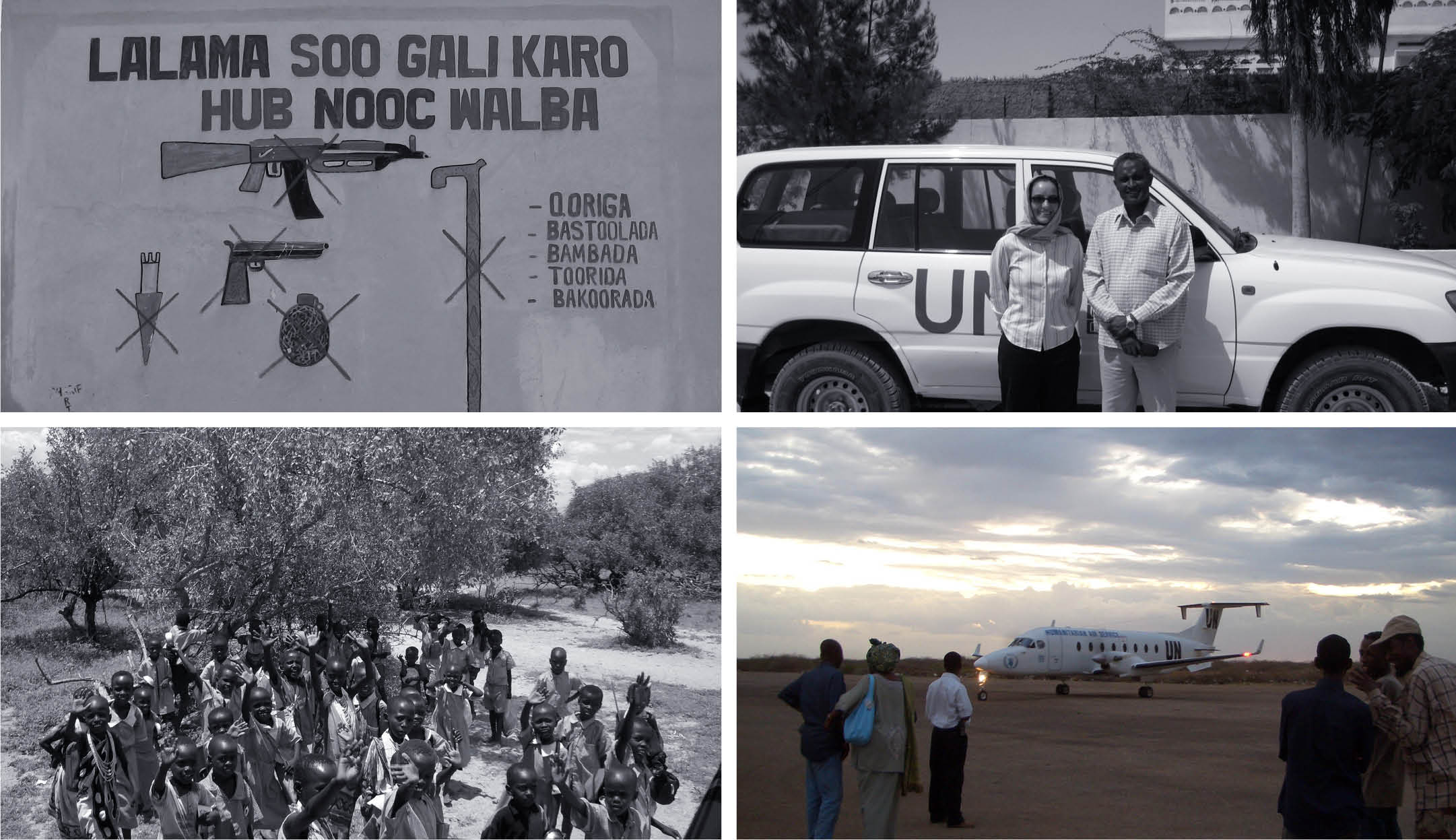Insight's research and policy practice provides research and advisory services to clients in order to help them address policy and programming challenges. Past clients include governments, United Nations agencies, development banks, rebel forces, and foundations.
Insight's areas of policy and programming expertise include:
- Statebuilding and peacebuilding
- Rule of law
- National dialogues and constitutional processes
- Women's inclusion and political participation
- Conflict-affected and fragile contexts
- Preventing and countering violent extremism
Policy advice and best practice
We offer our clients tailored and timely policy advice to inform and support decision-making in a variety of sectors and sub-sectors related to peacebuilding and rule of law. Our advice is based on in-depth analysis of existing best practice and evidence, and a thorough understanding of the context-specific options and actors. Through our analytical and policy advice services, countries and organizations can assess their options and make informed decisions on the appropriate path forwards.
Research and writing
Insight produces state of the art reports and manuals for a variety of clients. Our research services include desk reviews, document analysis, interviews with stakeholders either remotely or in the field, focus groups, surveys, and the production of literature reviews, policy reports, and programming manuals. All of our research outputs reflect the most cutting-edge theory and practice for each given topic, and are based on in-depth, project specific research and evidence-based analysis.
Program design for impact
Insight works with countries and organizations to conceptualize, design, and implement peacebuilding and rule of law programming, while also helping our clients cultivate the skills to ensure the design and implementation of future programming is successful. In our program design work, Insight places particular emphasis on the real world impact of design choices, the particular country context, and the cost and strategies for the implementation of those choices. Our particular expertise is in community-driven and conflict-sensitive programming that will have a long-term, meaningful impact on peace.
Program Evaluation and lessons learned
Insight knows that monitoring and understanding the impact of programming throughout the programming cycle is both critical to project success and will inform future program design and funding. We also understand the challenges endemic to designing and evaluating programming in conflict-affected environments. We use a range of best-practice methods to help clients evaluate and understand the impact of multifaceted and complex programming, whether it is for internal or external purposes.
Select publications
“How best to support Women’s inclusion in Participatory Political Transitions” (Kirsti Samuels, UN Women report, June 2015)
“Cultivating Consensus: Exploring Options for Political Accommodation and Promoting all Somali Voices” (Kirsti Samuels co-author & editor, Conflict Dynamics International, Cambridge MA, February 2014)
“Women’s Inclusion and Equity under the Transitional Constitution of the Republic of South Sudan 2011”, (Kirsti Samuels, Conflict Dynamics International, Cambridge MA, April 2013)
“Pathways to Peace – South Sudan’s Constitution” (Kirsti Samuels co-author & editor, Conflict Dynamics International, Cambridge MA, January 2013)
“Building the House of Governance: Political Accommodation in South Sudan”, Governance and Peacebuilding Series Briefing Paper No. 4 (Kirsti Samuels co-author & editor, Conflict Dynamics International, Cambridge MA, May 2012)
“Somalia’s constitution making process” in Accord 21: Whose peace is it anyway? Connecting Somali and international peacemaking, Kirsti Samuels author, edited by Mark Bradbury and Sally Healy (Conciliation Resources, 2010)
“Justice Sector Development Assistance in Post-Conflict Countries: In Search of Strategy” in The Future of SSR Kirsti Samuels author, Edited by Mark Sedra (Centre for International Governance Innovation, 2010)
“Constitutional Choices and Statebuilding in Postconflict Countries” in The Dilemmas of Statebuilding: Confronting the Contradictions of Postwar Peace Operations, Kirsti Samuels author, edited by Roland Paris and Timothy Sisk (Routledge, 2008)
Constitution-Building During the War on Terror: the Challenge of Somalia (Kirsti Samuels author, New York University Journal of International Law and Politics (2008), Volume 40(2) p. 597-614)
Political Violence and the International Community: Civil Conflict and Coup d’Etat (Kirsti Samuels author, Martinus Nijhoff Publishers, 2007)
Rule of Law Reform in Post-Conflict Countries: Operational Initiatives and Lessons Learnt (Kirsti Samuels author, World Bank Social Development Papers series Oct 2006)
Post-Conflict Peace-Building and Constitution-Making (Chicago Journal of International Law, Vol. 6 No. 2, Winter 2006) Pdf
Paradoxes and Compromises in the Design of Post-Conflict Constitutions (Kirsti Samuels author, Research Partnership On Postwar Statebuilding, Oct 2006)
Constitution Building Processes and Democratization: A Discussion of Twelve Case Studies (Kirsti Samuels author, International IDEA, 2006)
"State-building and Constitutional Design after Conflict" (Kirsti Samuels author, International Peace Institute, 2006)
Sustainability and peace-building: A key challenge (Kirsti Samuels author, Journal of Development in Practice, Volume 15, Number 6, November, 2005)
The Future of UN State-Building: Strategic and Operational Challenges and the Legacy of Iraq (International Peace Institute Policy Report, 2004) (Kirsti Samuels with Sebastian von Einsiedel)
The Approach of the International Community to Violence in Civil Wars: A Case Study of the War in Sierra Leone (Kirsti Samuels author, Journal of Conflict and Security Law, Autumn 2003)


